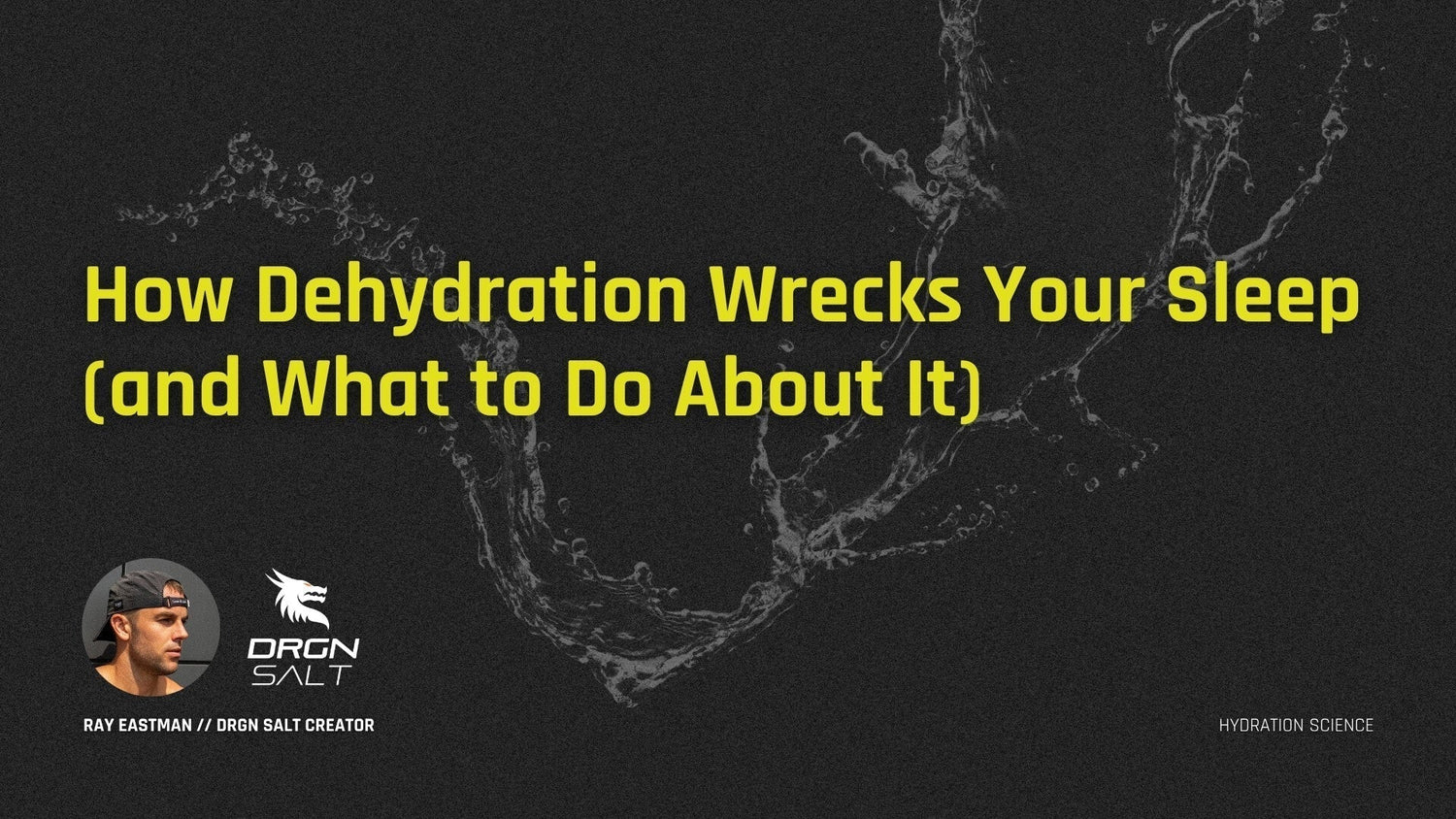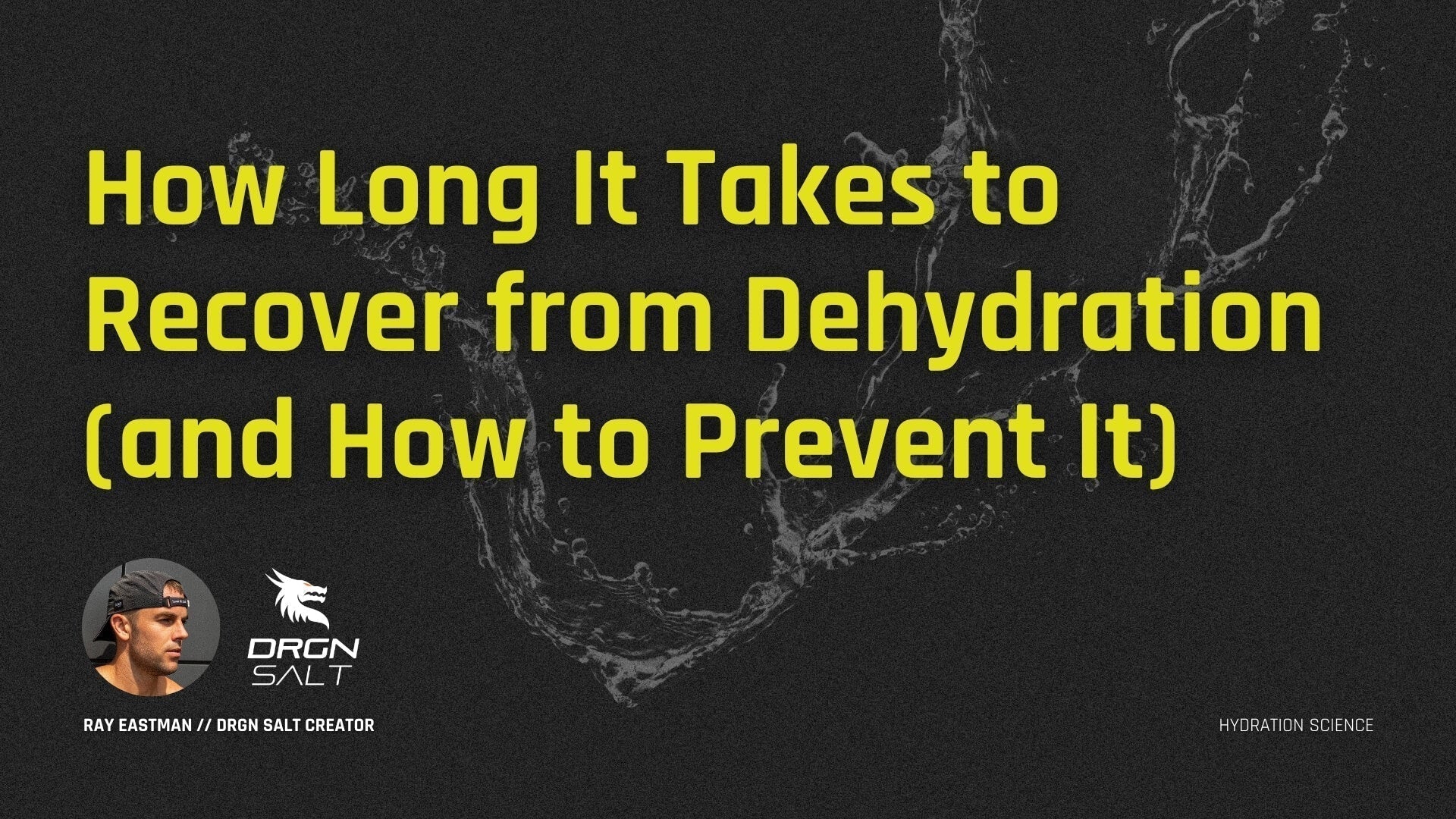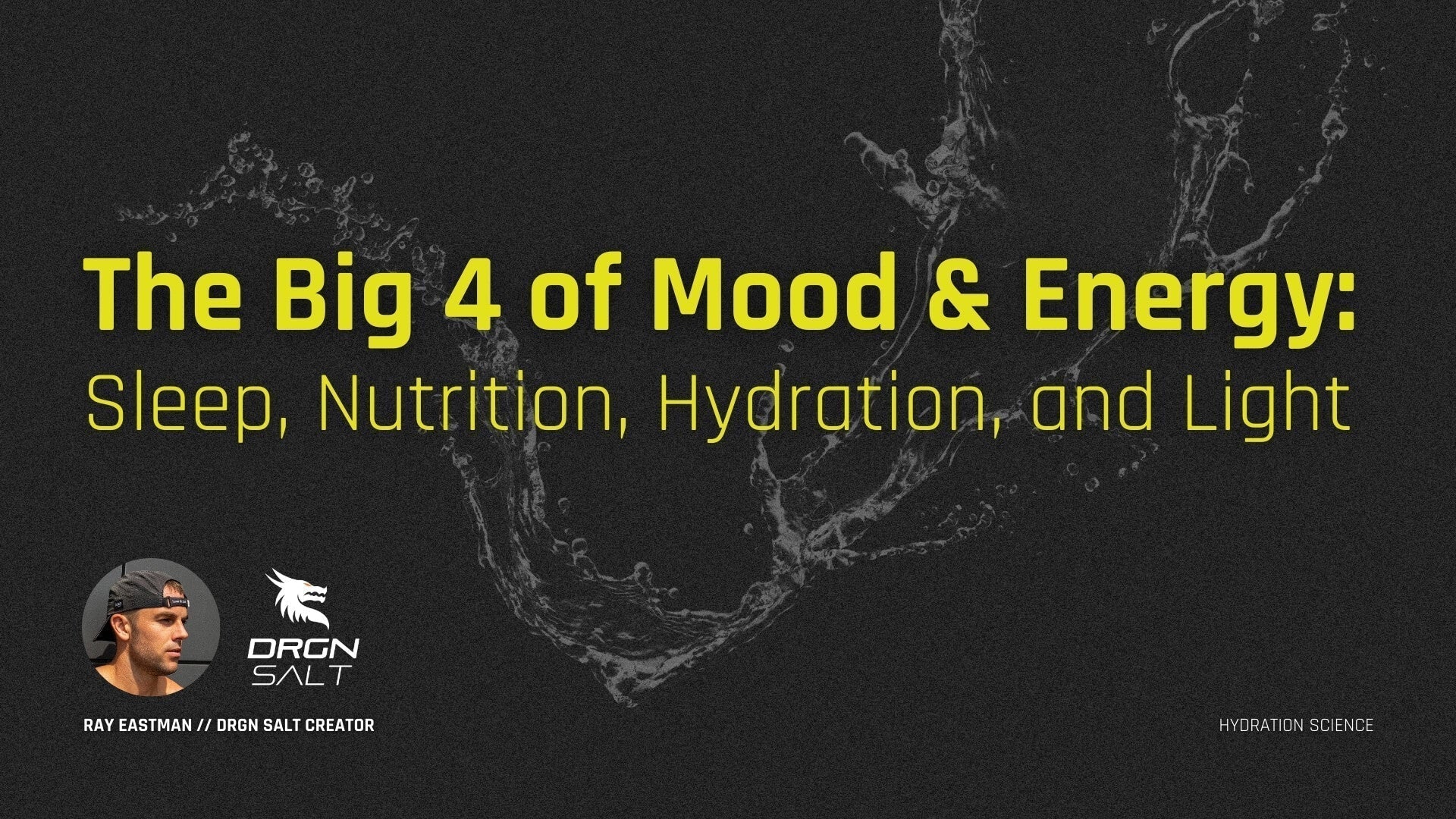Struggling to fall asleep, waking up in the middle of the night, or feeling groggy in the morning?
The problem might not be stress… it might be dehydration.
Most people associate hydration with physical performance — but your sleep quality is deeply affected by how well-hydrated you are, especially before bed. Let’s break down how dehydration impacts sleep, what symptoms to look out for, and how to fix it.
1. Dehydration Disrupts Sleep in Multiple Ways
When you’re low on fluids, your body can’t function properly — and that includes your ability to fall and stay asleep. Here’s how dehydration interferes with your rest:
- Dry mouth, throat, or nasal passages can cause discomfort and increase snoring
- Higher heart rate and core temperature make it harder to relax and fall asleep
- Cramps or restless muscles disrupt deep sleep cycles
- Frequent nighttime wake-ups may result from electrolyte imbalances and thirst
Even mild dehydration can increase your likelihood of shorter sleep duration and reduced deep sleep, according to multiple sleep studies.
2. Electrolyte Imbalance Makes It Worse
When you’re dehydrated, it’s not just fluid you’re missing — it’s key electrolytes like sodium, potassium, and magnesium that play essential roles in nervous system regulation and muscle relaxation.
- Sodium helps regulate fluid balance and blood pressure while you sleep
- Potassium is linked to deeper sleep and fewer wake-ups
- Magnesium supports melatonin production and helps calm the nervous system
Low levels of these minerals can cause tossing, turning, cramping, or early wake-ups (all of which impact recovery and next-day performance).
3. Nighttime Dehydration Adds Up
Many people go to bed underhydrated and then spend 6–8 hours without fluids. During that time, the body continues to lose water through:
- Breathing (especially in dry environments)
- Sweating (even during sleep)
- Urination upon waking
If your hydration and electrolyte levels are already low before bed, you’re more likely to wake up feeling sluggish, foggy, and unrested.
4. Hydration Supports Recovery While You Sleep
Sleep is when your body repairs muscle tissue, balances hormones, and clears metabolic waste from the brain. None of this works efficiently when you’re dehydrated.
Proper hydration and mineral balance:
- Help maintain stable heart rate and temperature
- Support physical and cognitive recovery overnight
- Improve sleep architecture (especially deep and REM sleep)
Hydrating smarter throughout the day (and ensuring you're not going to bed depleted) helps set the stage for high-quality sleep.
5. How to Stay Hydrated for Better Sleep
Here’s how to stay ahead of nighttime dehydration:
- Hydrate throughout the day — don’t cram fluids before bed
- Include electrolytes, especially after workouts or heat exposure
- Avoid alcohol and caffeine late in the day, as both are dehydrating
- Sip water with a pinch of salt 1–2 hours before bed if you’ve had a high-sweat day
- Watch for signs like dry mouth, muscle twitching, or waking up thirsty
The Bottom Line
If you’re waking up tired or struggling to stay asleep, dehydration might be the hidden reason.
Electrolytes don’t just support performance — they support better sleep.
Hydrate smarter, replenish what you’ve lost, and set your body up for deeper, more restorative rest.





